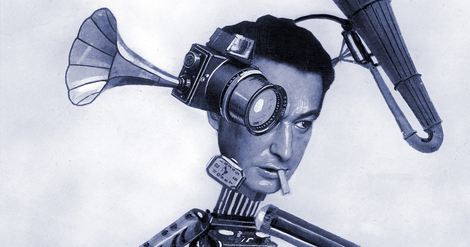The technology we choose has always been a form of autobiography. The engineer with the ThinkPad, the designer with the MacBook, the teenager with the cracked Android—each selection whispers something essential. But A.I. is different. Unlike our devices, which merely extend our capabilities, these models shape how we think. They are cognitive companions, intellectual co-pilots. And in choosing them, we reveal not only our technical preferences but our intellectual temperament, our creative ambitions, and even our political leanings. The model in your browser tab is the new Myers-Briggs, only more telling. Here’s what each one says about its users.
The Main ContendersOpenAI’s GPT-5
If you’ve hitched your wagon here, you are the Coldplay fan of the A.I. era—forward-leaning, technically competent, and not embarrassed to be mainstream. GPT-5 is a very good product, and proudly for the masses. Which makes you either comfortably normal or brilliant in a way that doesn’t mind normalcy—even when the model occasionally hallucinates citations with the confidence of a Wikipedia editor at three A.M.

Enter your e-mail to read the full story for free
and to receive our weekly e-mail newsletter
Or, subscribe to AIR MAIL and get access to our entire archive. For a limited time, get 50% off your first year during our Labor Day Sale!
Or subscribe to AIR MAIL for full access. Start your free trial today.
Already a subscriber? Sign in here

